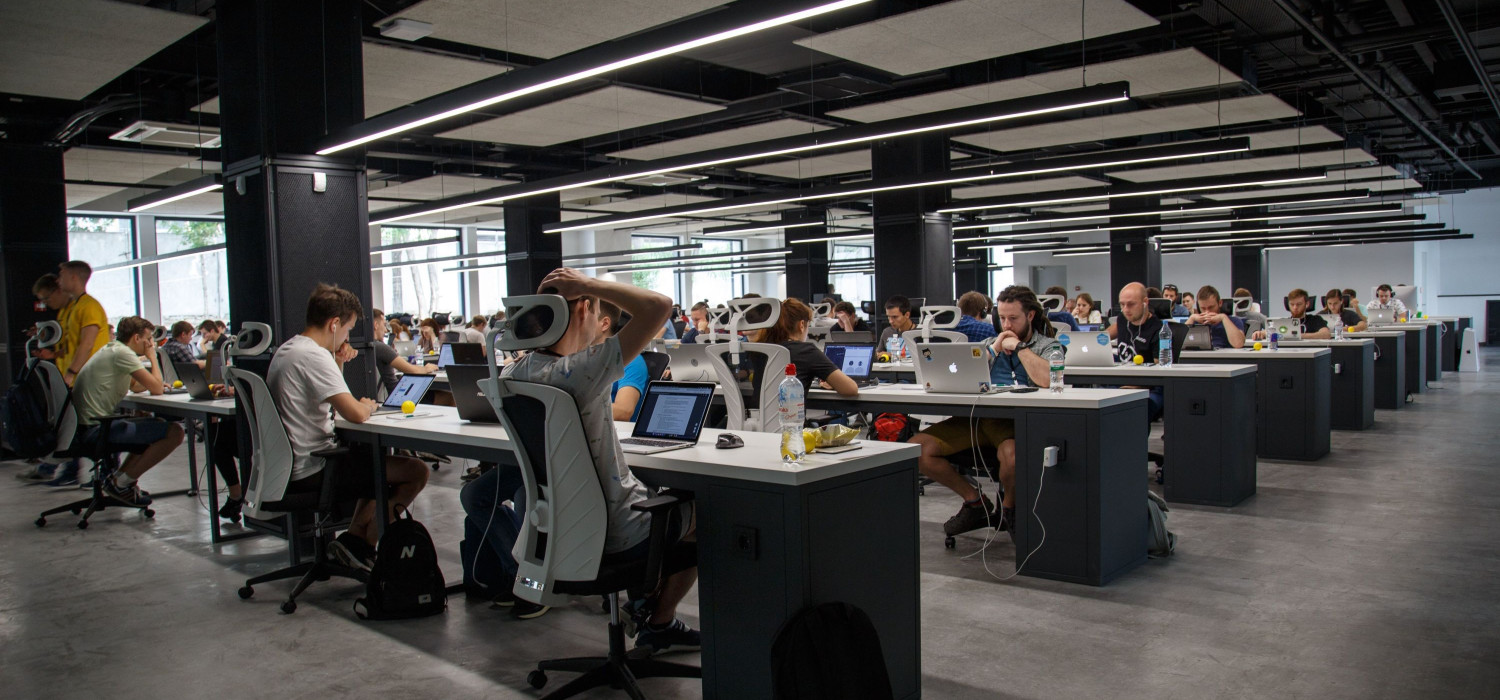Deloitte Touché Tohmatsu Limited, commonly known as Deloitte, is a leading financial management and auditing brand. It was established in 1845 in London, UK, and is now in more than 150 countries. Deloitte is popularly one of the “Big Four” accounting companies, alongside KPMG, PwC, and EY.
This Deloitte SWOT analysis will look into how it manages to stay ahead of other brands by utilizing its strengths, working on its weaknesses, grabbing opportunities, and facing threats. You will be able to understand all the external and internal factors that help Deloitte strategically lead the market.
Let’s look at their services before diving into Deloitte’s SWOT analysis.
- Financial Advisory- It provides financial assistance to its clients concerning mergers and acquisitions, financial restructuring, fundraising, etc.
- Risk advisory- it helps clients manage risks related to finances, operations, regulations, cybersecurity, and other transactions.
- Consulting- It provides clients with operational, strategic, and tech-related consultancy for improving overall business performance.
- Audit and Assurance- It ensures the accuracy and authenticity of the client’s financial statements.
- Tax and Legal- It offers business advisory and consultancy for business issues.
Deloitte SWOT Analysis: Everything to Know
Let’s get started with the different aspects of Deloitte –
Strengths
Brand Recognition and Industry Expert
As stated earlier, Deloitte is one of the “Big Four” accounting firms and enjoys the trust and respect of clients in the industry. It has successfully built a good brand reputation over the years, and this helps attract clients, top talent, and partners. This gives them a competitive edge over others.
According to Deloitte statistics, it is the world’s most valuable commercial service company, with a brand value of US$34.5 billion. Deloitte’s strength lies in its exclusive industry expertise developed over the years.
See Also: HP Marketing Strategy – Everything to Know
Global Reach
Deloitte operates in more than 150 countries and provides clients with a vast range of services. A global presence allows them to enter new markets and gain new clients constantly.
This allows the firm to offer localized and customized insights expertise and seamlessly carry out cross-border services.
Innovation and Technology
Deloitte is very innovation-driven, and they leverage technology to enhance their services.
The firm believes in investing in digital transformation, augmented reality and artificial intelligence, data analytics, and other technologies to upscale its services and stand out among the competitors.
Corporate Social Responsibility
CSR is a significant public relations strategy to be relevant in the market. Being socially responsible and accountable to all your stakeholders is crucial. Deloitte is committed to helping society through various CSR initiatives centered around sustainability, education, and humanitarian actions.
This helps build reputation and trust with clients, employees, and other stakeholders.
Visit: Corporate Social Responsibility.
Weaknesses:
Competition
Intense competition from KPMG, PwC, EY, Accenture, and other excellent service providers results in limited growth in market share for Deloitte.
This competition can lead to a need for differentiation, continuous innovation, pricing pressure, and losing clients to competitors.
If you are on any other website, check how to do a SWOT analysis. Here is a link to learn how to do a competitor SWOT analysis.
Work-Life Balance
Deloitte’s demanding nature can lead to long hours and high levels of stress for its employees, which can negatively influence employee satisfaction, mental health, and talent retention.
They have been attempting to address this issue through well-being and work-life balance efforts, but it remains an ongoing challenge in the industry.
Cybersecurity and Data Privacy
Deloitte had faced a massive data breach due to email hacking back in 2017, which had violated client confidentiality. For clients, this has become a central weak point to trust Deloitte.
Cyberattacks result in financial losses, loss of client trust, and reputational hazard, which is difficult to gain back.
Complex Organizational Structure
Since Deloitte has diverse services and a network of member firms operating as legally separate and independent entities, the complex organizational structure leads to issues in aligning global strategy and maintaining consistency in quality across member firms.
This can further cause potential conflicts of interest among various services.
Deloitte SWOT analysis Opportunities:
Expansion in Emerging Markets
To overcome stagnation, Deloitte can tap into emerging markets such as Asia, Africa, and Latin America by offering tailored services to cater to local requirements.
This will enable them to diversify their revenue streams and grab new growth opportunities. If you like to visit other websites more, you can check out our other articles to get an idea of how to do retail SWOT analysis.
ESG Consulting
Nowadays, most companies focus on ESG (environmental, social, and governance) factors to be socially responsible.
Deloitte can expand its sustainability and ESG services by helping clients address such issues, and capitalizing on such opportunities will enhance their reputation as a futuristic and forward-thinking brand.
Mergers and Acquisitions
To enter new markets and expand their services, Deloitte can pursue strategic acquisition of smaller niche firms.
This will help fill existing gaps in its expertise and stay ahead of competitors.
Upskilling Workforce
Due to the sudden emergence of AI and other technological advancements, there is an urgent need for upskilling and reskilling existing talent.
Deloitte can grab this opportunity to leverage its human capital and expertise to offer customized training solutions for businesses, which will help drive growth and efficiency in their talent.
Deloitte SWOT analysis Threats:
New Entrants
The rise of new consulting firms and online platforms can potentially disrupt Deloitte’s traditional business model.
New entrants need to be blocked, and Deloitte must focus on increasing its market share before any other competitor wins the bag.
See Also: SWOT Analysis of TCS (Tata Consultancy Services)
Reputational Risks
Reputation is one of the major factors in making or breaking a company.
Deloitte needs to maintain a good reputation to attract clients and talent. Any negative publicity, like legal or ethical issues, data breaches, or client disputes, could harm the brand’s image.
Increasing Client Demands
Clients tend to get very demanding and expect higher expertise, speed, and capabilities from service providers. If Deloitte does not meet these demands, they will lose their clients to other competitors.
Hence, they must constantly adapt and innovate to meet the ever-evolving market expectations.
Economic Recession
During economic uncertainty, businesses cut down on spending on professional consultancy services, which decreases Deloitte’s demand.
This can badly impact their revenue income, profitability, and growth during a recession, and it can be challenging to get back up after the damage is done.
FAQs
Is Deloitte a good company?
Deloitte is a great company for all your financial consultancy needs, and it is also a rewarding place to work. It is one of the 'Big Four' companies in accounting and auditing.
Who are Deloitte’s competitors?
Deloitte faces strong competition from other companies in the market, namely, KPMG, PwC, Ernst & Young, Accenture, and Publicis Groupe.
What are Deloitte’s core values?
Deloitte’s culture lies in the motto 'we are all in this together, ' and they emphasize respect, fairness, and trust.
Conclusion
Despite a few loopholes in the past, Deloitte has managed to be the leading advisory and tax services company globally.
This article has undertaken a comprehensive Deloitte SWOT analysis of the internal and external factors to unravel the secret of the company’s undefeated dominance in the financial and legal consultancy industry.

















